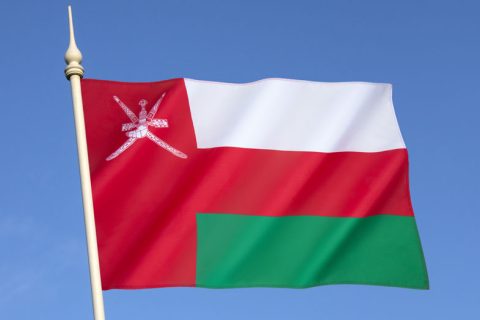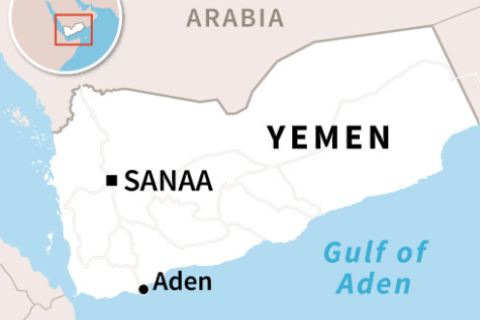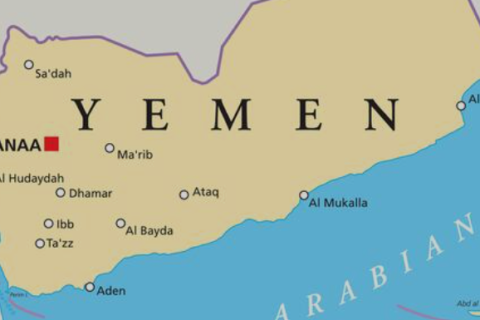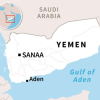Dear Clients and Colleagues,
As we celebrate the blessed occasion of Eid al-Adha, ALYAFI IP GROUP extends its warmest wishes to you and your families.
Please note that holiday closures vary by country, and not all Trademark and Patent Offices (TMOs) will be closed during this period. We remain operational with limited access to email, and filings can still be made in jurisdictions with online systems.
For urgent matters, we encourage you to consult the table below to verify whether the relevant TMO is closed or operational, and whether online filings are possible.
If the office related to your matter does not operate online, kindly note that deadlines are automatically extended until after the holiday period.
Trademark & Patent Office Closures – Eid al-Adha 2025
| Country | Holiday Period | TMO Online Filing | Work Resumes |
| Algeria | 7–8 June 2025 | No | 9-Jun-25 |
| Bahrain | 5–9 June 2025 | No | 10-Jun-25 |
| Egypt | 5–9 June 2025 | No | 10-Jun-25 |
| Iraq | 5–12 June 2025 | No | 13-Jun-25 |
| Jordan | 5-Jun-25 | Yes – Filing and payment available, case will remain on hold until TMO resumes | 11-Jun-25 |
| Kuwait | 6–9 June 2025 | Yes | 10-Jun-25 |
| KSA (Saudi Arabia) | 5–10 June 2025 | No | 11-Jun-25 |
| Lebanon | 6–9 June 2025 | No | 10-Jun-25 |
| Libya | 5–9 June 2025 | No | 10-Jun-25 |
| Morocco | 7–8 June 2025 | No | 9-Jun-25 |
| Oman | 5–9 June 2025 | Yes | 10-Jun-25 |
| Qatar | 5–9 June 2025 | No | 10-Jun-25 |
| Tunisia | 7–8 June 2025 | No | 9-Jun-25 |
| UAE | 6–9 June 2025 | Yes | 10-Jun-25 |
| West Bank & Gaza | 5–10 June 2025 | Yes | 11-Jun-25 |
| Yemen | 4–13 June 2025 | No | 14-Jun-25 |
We remain committed to supporting your IP needs during this period. If you require assistance, please contact us in advance or via email. Urgent filings in online-enabled jurisdictions will be processed accordingly.
Wishing you a blessed and joyful Eid.
ALYAFI IP GROUP
Driving IP Success Across the MENA Region
📧 info@alyafi-ip.com
🌐 www.alyafi-ip.com
![]()









